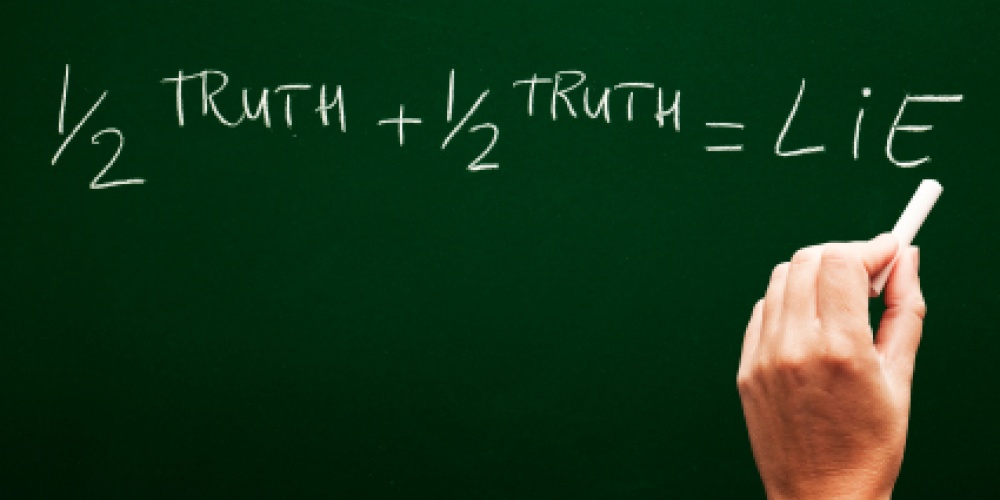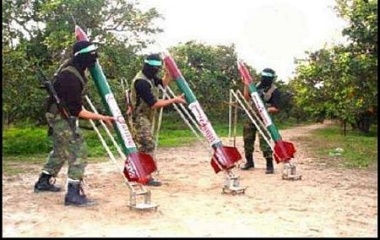
Sin gets bad press these days, because it is experienced as a guest that brings a whole slew of unwelcome associates into the house--guilt, bad feeling, punitiveness. These alleged running mates of sin are anathema to most, and so the very ability to examine our realities is muted by the desperate postmodern drive to feel good at all costs. And the costs are indeed high, as the soft-pedalling of our spiritual mistakes morphs into a full-blown denial of the need to change.
Rabbi Abraham Heschel once noted that in a democratic society, not all are guilty, but all are responsible. But accountability is not currently in vogue. The great Western irony is that the individuals or groups most willing to take responsibility for their actions are invariably evil. Al Qaeda and Hamas, I notice, rush to the fore candidly (alas, gleefully) when it is a matter of confessing who planted bombs that killed thousands of innocents. It is tragic moment in our development as a species when owning up is taught to us by the most debased elements on the Planet Earth.
Children learn accountability from their parents, and from others like teachers or clergy. That is why an acknowledgment of wrongdoing or just ignorance from such authority figures, when appropriate, can model for kids how to mature into responsible adults. The phrase “I don’t know” is the teacher’s best friend. When the words “I don’t know” are suppressed by teachers—out of pride or ego or embarrassment or lack of discipline, or out of a misguided belief that we can answer all questions—and instead, a forced and often not credible response is substituted, children learn that you don’t have to be accountable for what you don’t know or understand. You can cover it up, falsely, with explanations that lack authenticity.
The sin of inauthenticity is implied in the vidui (confessional) prayer that we utter on Yom Kippur. By saying “dibarnu dofi”, we have spoken with “two mouths”, we concede that hypocrisy is our stock in trade as human beings. Rav Avraham Danzig, known as the Chayei Adam, comments that this sin occurs when we say one thing aloud and another in our hearts. Now, discretion sometimes dictates that we do not express all that we feel or know; but often, the duplicity is simply to save face or curry favour with others in situations when truth-telling and honesty are desperately required.
None of us are free from the hypocrisy that damages our souls and our relationships. “Dibarnu dofi” is not the province of any particular denomination or Jewish group. My assumption is that God does not check our badge of congregational affiliation before deciding what is in our hearts. May we merit the courage to confront our existence in ways that feel uplifting and not spirit-breaking.


